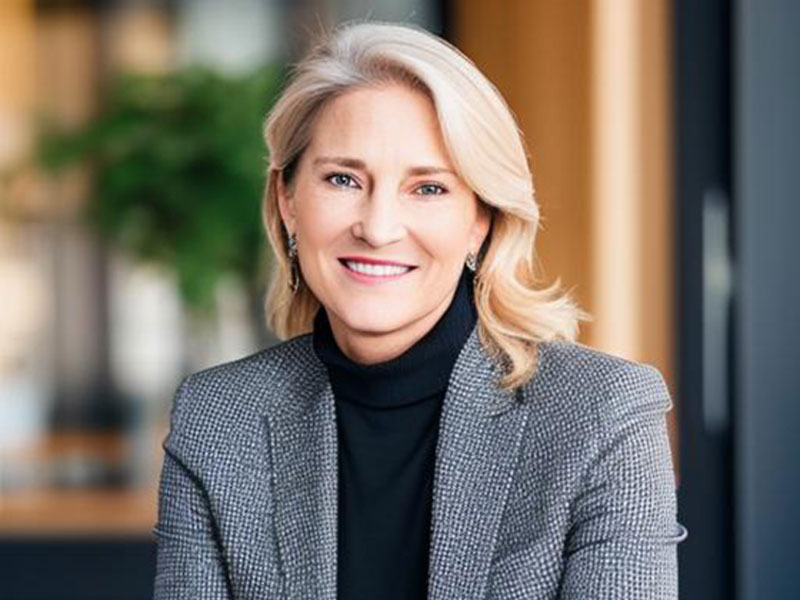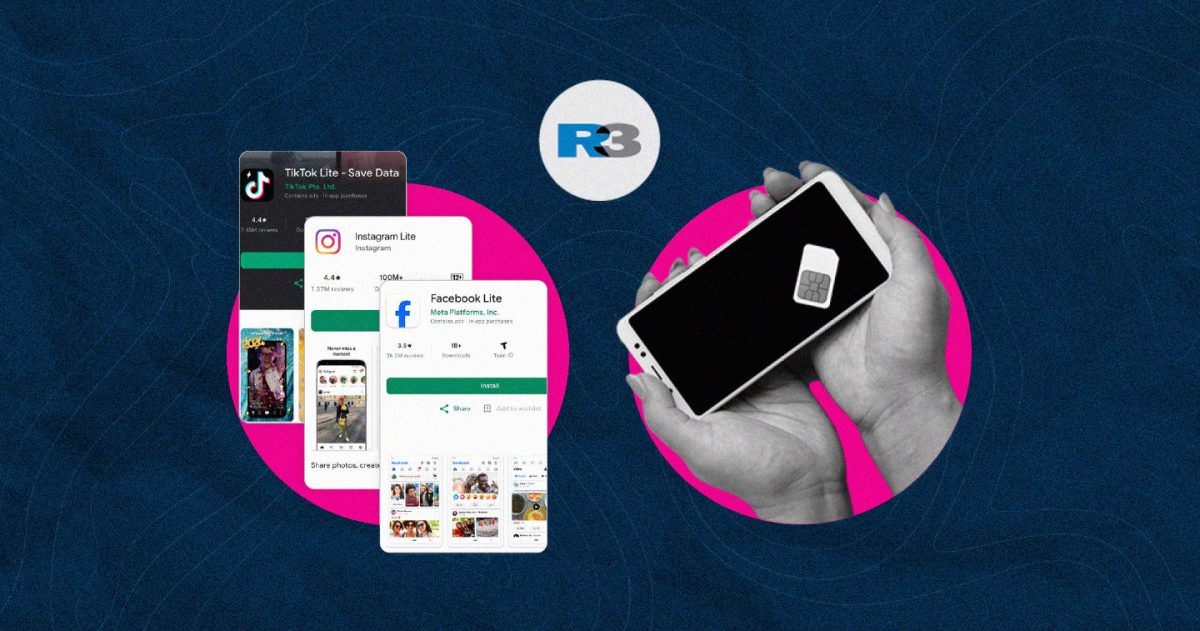International agencies dominate many aspects of China’s marketing industry, but when it comes to digital, local players have the upper hand — an edge that puts them squarely in the M&A crosshairs.
One reason local players have thrived is the country’s unique internet ecosystem. Global platforms like Facebook, Twitter and YouTube are blocked by China’s “Great Firewall,” replaced by dozens of local players in a highly fragmented space, made more complicated by the language.
“It’s not just a matter of adapted Facebook and Twitter (campaigns) for China, it’s creating something new for China and that’s something the local agencies have done really well,” said Greg Paull, principal at Beijing-based agency consultancy R3.
Additionally, local agencies were quicker to build digital capabilities and benefitted by strong personal ties to media owners who provided them with better rates and deals.
Eager to catch up, holding companies have been gobbling up local digital agencies. R3 calculates about half of the agency mergers and acquisitions in the last two years were in China — and about half those involved digital agencies.
International shops are trying to catch up by hiring locally versus importing foreign talent, but Tony Wang, founder of Beijing-based agency A4A, is pessimistic about that solution, suggesting that many talented Chinese digital leaders want to run their own businesses. “The way things work in China, the really capable people go out and start their own agencies,” he said.
Here’s four hot local digital agencies in China that are worth keeping an eye on. At the rate of acquisitions though, they may not stay independent for long.
Founder Amber Liu notes with pride that he’s never worked at a big 4As-member agency. Rather, his advertising career started with a freelance gig designing presentation slides for an Amway executive, which led to more work for Amway, then other clients. Today his 70-person eponymous shop is a full-service digital agency with offices in Beijing and Shanghai.
Amber Communications broke out in 2010, creating Coca-Cola’s “online pavilion” at the Shanghai World Expo. While other brands offered virtual tours of their physical pavilions, Coke’s “Happiness Factory” engaged visitors with a variety of games. Similarly, Amber’s London Olympics campaign in China for Coke brand Glaceau Vitamin Water featured a series of Olympic-themed exercises linked with a mobile app.
Mr. Liu’s second job as a professor of digital media at a Beijing university gives him access to bright young digital natives. “There’s basic things you have to teach them, like presentation skills. But that’s not [as] important. Ideas can’t be taught. They know digital and media better that you,” he said.
“Everyone is a minority at im2.0,” CEO Chris Tung said.
He’s referring to the mix of backgrounds of the 230-strong staff: One-third are digital creatives, one-third former marketers, one-third alumni of the product side of Chinese dot-coms.
This makeup reflects the skills needed for digital marketing today, where it’s not just creating a slogan for the internet, but innately understanding what online platforms can do, he said.
“A lot of people say advertising companies are moving from Madison Avenue to Silicon Valley,” Mr. Tung said. “It’s no longer the traditional [TV] model of advertising, which was idea-led. It’s now engagement-led.”
The show was founded by Susan Wang, a co-founder of Renren, China’s version of Facebook. It was her fourth start-up and she’s since turned over the reigns to Mr. Tung and chief operating officer Yi-Chung Tay, both former marketing VPs for PepsiCo Greater China.
With offices in Beijing, Shanghai and plans to open in Guangzhou, im2.0 clients include Budweiser, Adidas, Mondelez and Haier. One of its best-known campaigns is the Dell piggybank on social media sites, aimed at cash-strapped college students. Users choose the computer model they want to buy and friends can them help earn money toward the purchase by clicking “support,” watching videos or posting Dell content on their social media pages.
International agencies can provide high-level marketing strategies for social media, but falter when it comes to local insights and execution, said Jason Zhan, founder of 2-year-old social media agency Vitamine. So, he said, “I founded Vitamine to fill this gap.” He said his background in large, global agencies allows him to “provide that high-level strategy, but at the execution level, I can also understand the consumer insights.”
Vitamine, which is expected to grow soon to 20 staff, has a client roster including Johnson & Johnson, Guess, Citibank, Michael Kors and Ferrari.
For Johnson’s baby, Vitamine worked on a multi-format campaign called “Pump It Forward,” urging businesses to provide a private place for breastfeeding moms to pump. The campaign touched a nerve among China’s millions of working moms — which around 200 million people, according to Vitamine.
Successful Chinese digital shops will exploit their knowledge of local consumers and the differences between them and the rest of the world, Mr. Zahn said. For example, Chinese consumers are much more likely than Western ones to seek entertainment content from brands (perhaps because China’s entertainment industry is more nascent, brands have a bigger opportunity in the space).
So for a campaign to promote a compact North Face down jacket, Vitamine tapped a key online opinion leader to posted videos of himself stuffing the jacket into various household items like cookie tins, cigarette cartons and tea kettles. The finale was a collaboration with Durex — the brand ambassador squeezed the jacket into a condom.
Ask any fast-moving consumer goods marketer who it is that Chinese moms trust the most, and the answer is likely “other moms.” Shanghai-based Advocacy has developed a word-of-mouth marketing model tailored to China that it touts as low-cost yet effective.
“Here, people are way more information-hungry, especially people like moms in their 20s and 30s. They don’t really trust their parents as much, with their traditional ways of thinking, so they’re really open to their friends and to brands to give valuable information,” chief operating officer Sina Farzaneh said.
He noted that sending samples to so-called influencers to give to friends always doesn’t work because if Chinese moms like a product, they’ll often keep it all for themselves. So the agency instead recruits thousands of advocates though online and offline surveys, and “friend get friend” invitations. Participants are asked to complete tasks, such as writing and posting product reviews, to winnow down to the most engaged consumers. Top advocates then receive product kits with tools to spread brand messages over the length of a campaign, both online and offline.
Clients include Ponds, Pantene, Dettol, Philips and Anchor dairy products. A campaign to promote Huggies “Growing Up” diaper pants in Nanjing last year resulted in 160% sales growth over the previous year, according to Advocacy.
AdAge: http://adage.com/article/global-news/local-digital-ad-agencies-upper-hand-china/241010/





